By our Political Editor
On 14 May 2025, the Janatha Vimukthi Peramuna (JVP) marked its 60th anniversary with grandeur, pride, and defiance. A party once born from a small group of leftist thinkers in 1965, the JVP has now completed a long, turbulent, and transformative political journey to become the ruling force in Sri Lanka.
From the dusty lecture halls of the south to the corridors of Parliament, the JVP’s road to power has been paved with both vision and violence. The armed rebellions in 1971 and 1988/89, attempts to seize power by force, were both crushed, leaving thousands dead, countless families broken, and deep economic and social scars. The legacy of those uprisings still shapes how the public and political opponents view the party, even six decades later.
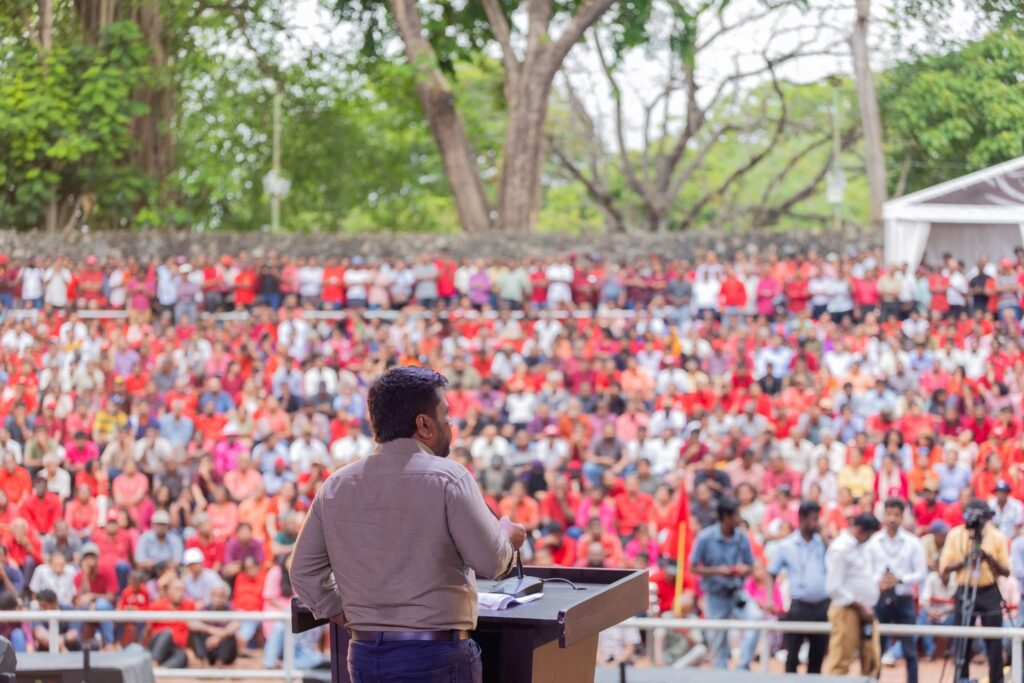
Now in power through democratic means, President Anura Kumara Dissanayake took to the stage to deliver what he intended as a landmark address, his tribute to the JVP’s past, a reaffirmation of its mission, and a challenge to its critics. His tone was fiery, his words sharp. But the speech, rather than drawing applause from across the aisle, quickly became a target of mockery and criticism from opposition leaders and political commentators alike.

Earlier, the results of the local government election troubled the ruling NPP coalition. While still the largest party nationally, the NPP suffered a significant drop in voter support compared to previous elections. Their popular vote fell from 6.8 million in November 2024 to just over 4.5 million, a loss too significant to ignore. The public’s message was clear: enthusiasm is fading, expectations are unmet, and the government must do more than celebrate anniversaries.
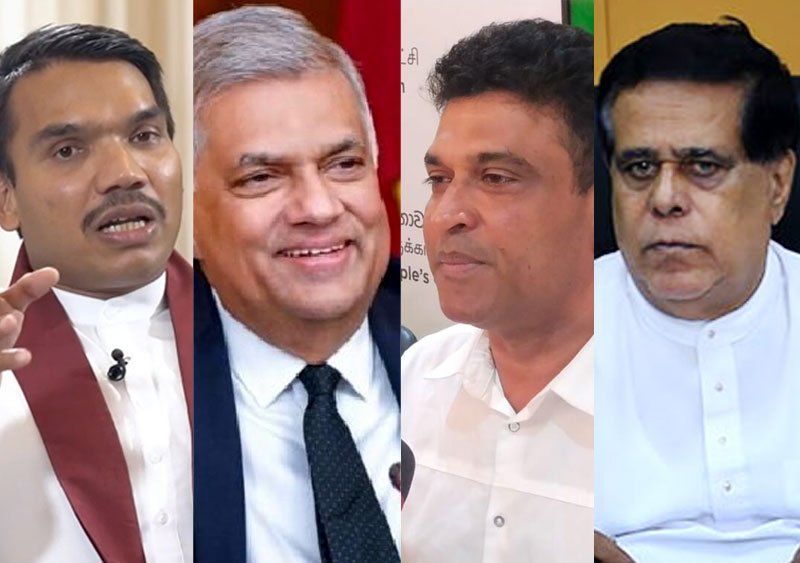
Meanwhile, the opposition, fragmented for months, shows signs of coordination. Sensing vulnerability in the government, they are working to form common fronts to control local councils, especially where their combined vote totals surpass the ruling party’s. Their plan is to use these councils as platforms for political leverage and administrative visibility.
The ruling party, however, is not backing down. President Dissanayake, alongside JVP General Secretary Tilvin Silva, Ports and Transport Minister Bimal Ratnayake, and Foreign Minister Vijitha Herath, have spoken with one voice, warning the opposition against trying to form administrations in councils where the NPP came first in the vote count, even without a majority. They argue that political ethics and the public’s will must be respected.
The result is a nationwide political deadlock. Across many local councils, there is no clear leadership. Coalition talks are stuck in mistrust and rivalry. The focus of all political forces, government and opposition alike, has shifted toward power grabbing at the grassroots level.
And in this fight for control, something crucial has been forgotten: the country’s problems.
Sri Lanka’s fragile economy still needs urgent attention. Despite talks, the tariff war triggered by the Trump administration has not yet been resolved. From corruption accountability to post-conflict reconciliation, social justice issues remain largely unaddressed.
Instead, the entire political machinery is locked in a battle of chairs and numbers. Who controls what council has become more critical than who solves what problem. The public watches with growing frustration, knowing that the energy spent on political bickering is lost on real governance.
The JVP’s 60-year milestone should have been an occasion to reflect, heal old wounds, and articulate a forward-looking vision grounded in past lessons. Instead, it became a stage for partisan rhetoric when the country needed unity, humility, and clarity.
Once again, Sri Lanka stands at a crucial stage. The government is not without strength, it has power, popular support in key areas, and control of Parliament. But it must shift its focus from celebrating itself to serving the people. Instead of waiting for the government to fail, the opposition must offer more than obstruction but solutions.
If political parties on both sides continue to treat public institutions as battlegrounds for influence rather than instruments for progress, the promise of democracy will remain unfulfilled.
The sugar rush of recent victories has worn off. Now, the hard work of governance must begin. It is time for all political leaders to put down their slogans and pick up the responsibilities for which they were elected.
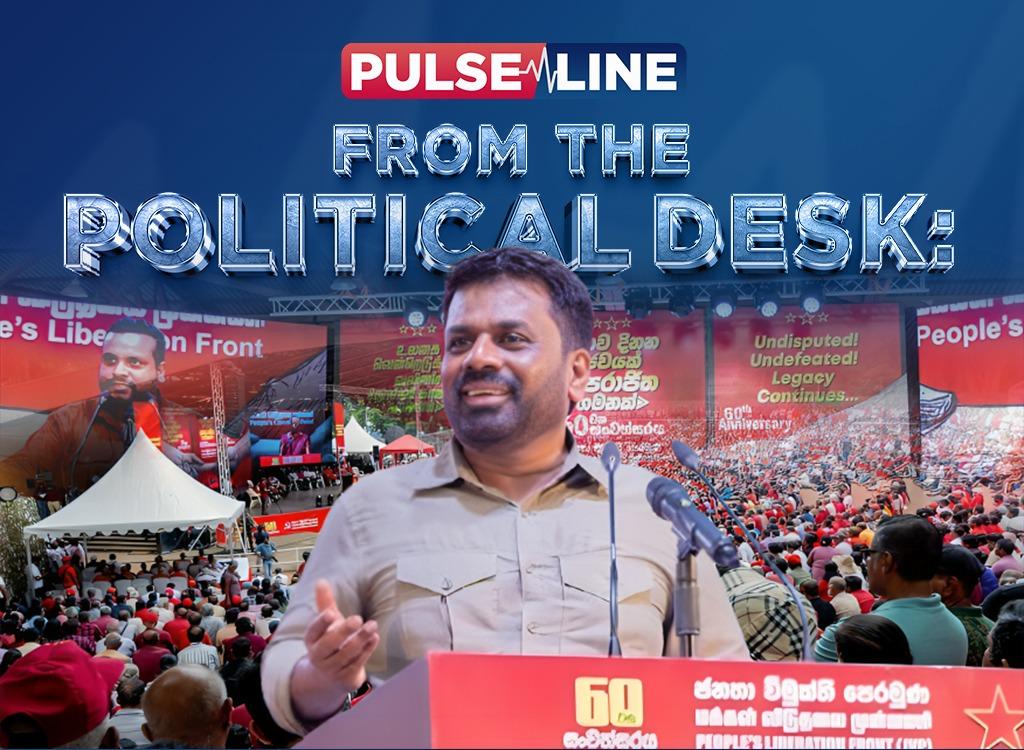

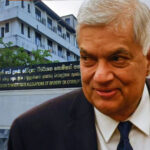
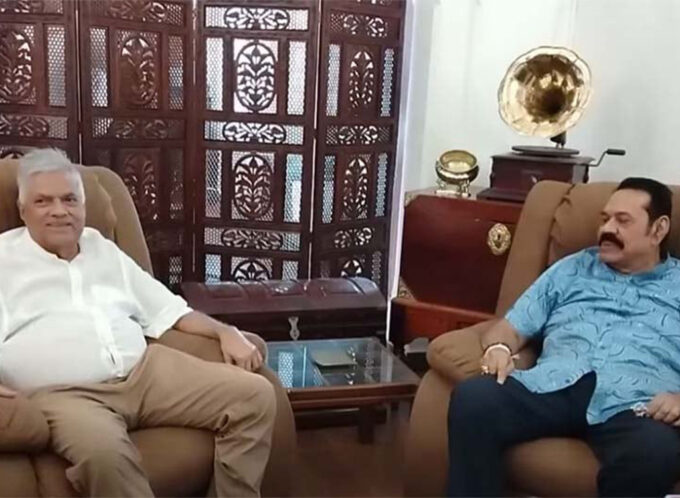
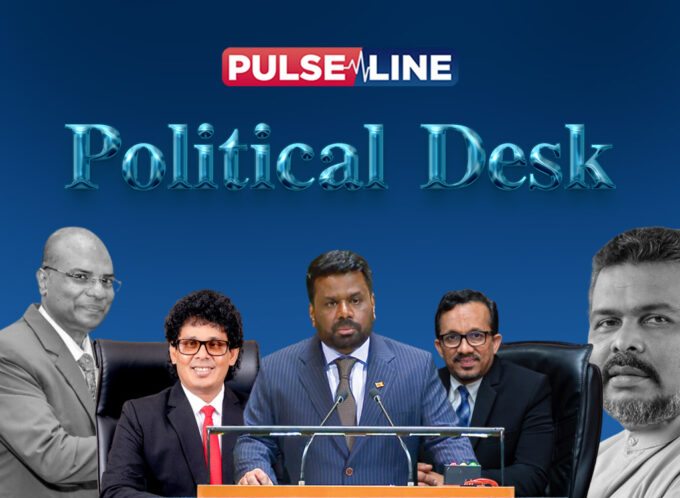
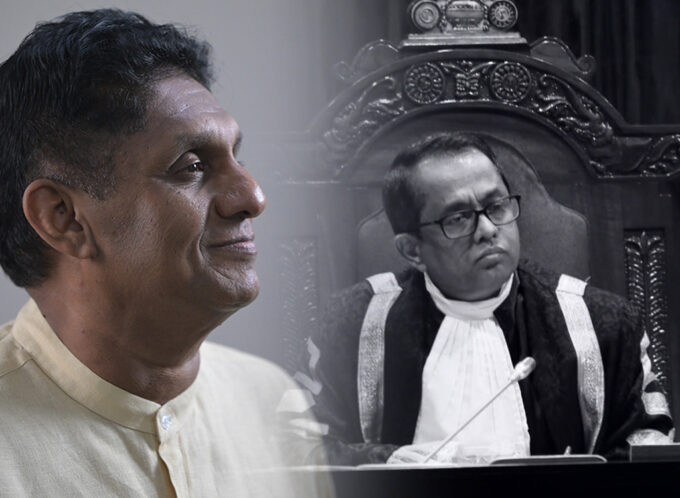
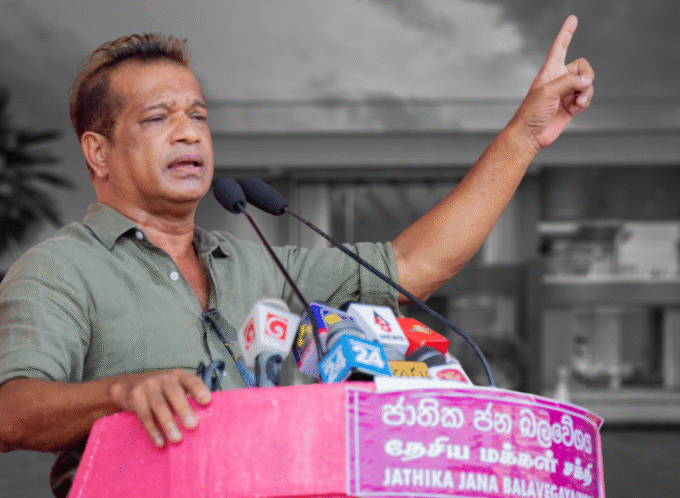




Leave a comment